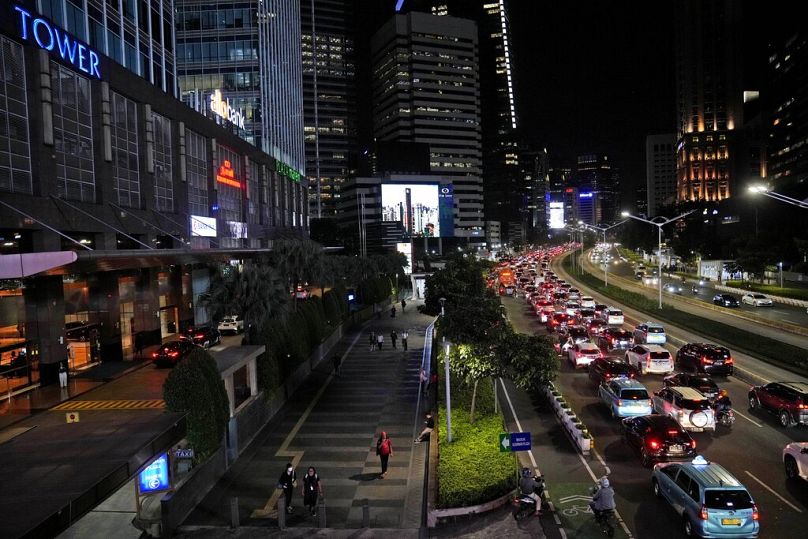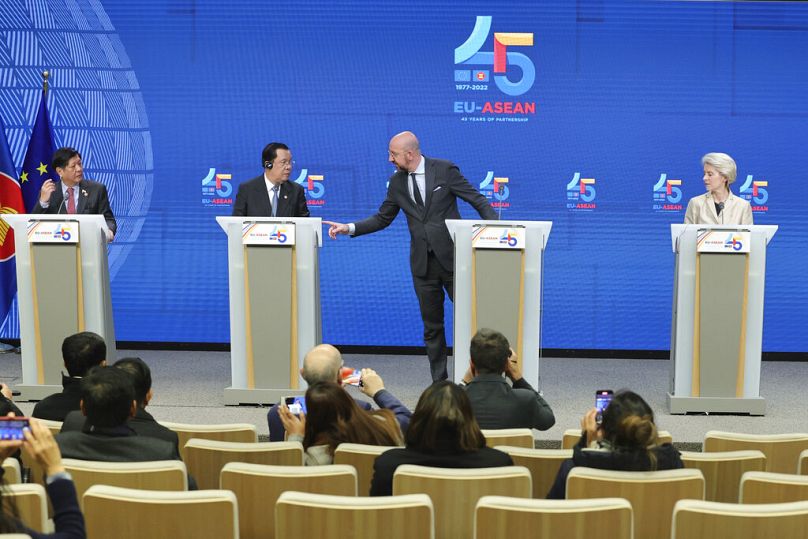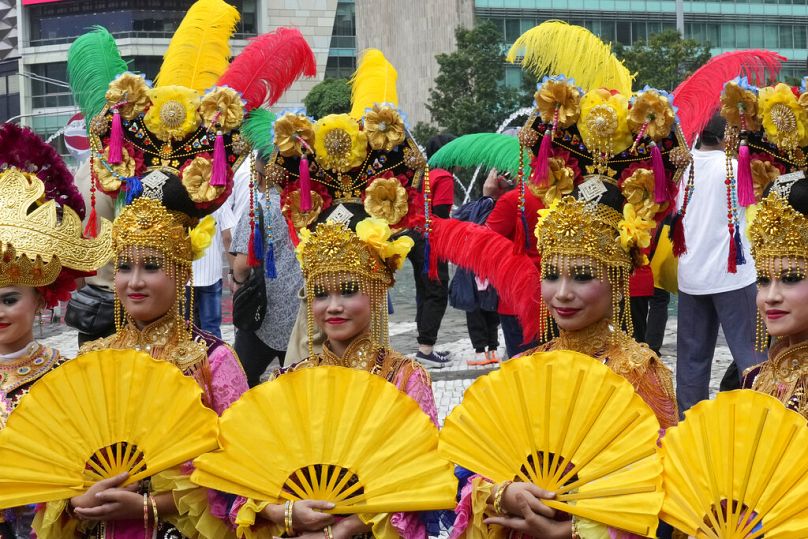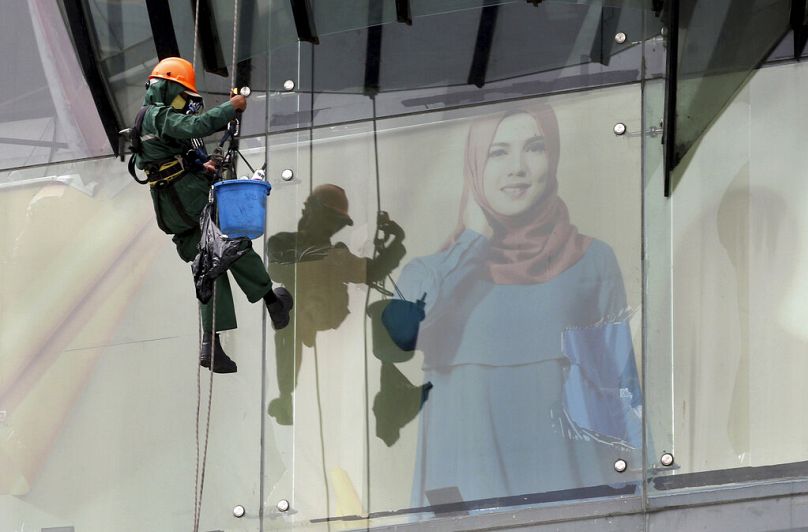The ASEAN union has a growth engine and supply chain for the 21st-century global economy here in our backyard, Arsjad Rasjid writes.
President Ronald Reagan once stated that the economic welfare of the public stems from a "vigorous private sector". Never has this statement been truer.
Our global economy, and in particular the EU, today faces an array of long-term challenges. From supply chain issues to job creation in an automated world, big questions are being asked.
And while it is tempting for governments to look to provide the answers, the real solutions lie with businessmen and women.
The risk-takers, entrepreneurs and investors whose innovations will feed the billions of hungry global citizens and whose inventions will power economies, keep the lights on and purify our waters.
Private sector is a racehorse, while public sector is the jockey
Those who seek out these solutions are not taking an easy path. They are taking the less trodden, more difficult path. As the ancient Javanese saying goes, “Problems are not barriers, but ways to perfection.”
Indeed, the ideal relationship between the public and private sectors is akin to that of a horse and its jockey.
For the global economy to grow and innovate in an inclusive fashion, the private sector must be like a racehorse; quick, agile, powerful, productive, and free.
The public sector, on the other hand, should be viewed as the jockey; light, lean and efficient. Indeed, if the rider is too bloated, too heavy or too inefficient, he will burden the stallion’s pace, freedom and creativity.
But when the two sectors are perfectly aligned, operating in tandem towards a shared goal, there is no limit to what can be achieved.
Such a dynamic is clearly evident in my region, South-East Asia. With close to one hundred million small and medium size businesses, making up 97% of the region’s businesses, we are a buzzing hive of creativity.
These small businesses, much like their European counterparts, embody the free-market enterprise spirit which powers the day-to-day economy.
From smallholder farms to food stalls, small businesses account for over 60% of Indonesia’s GDP and absorb an incredible 97% of its workforce.
Brussels should take notice
The intrinsic value of these businesses for the global supply chain, however, is still waiting to be unlocked.
And with the region’s natural resources (including over half the world’s nickel), a vast skilled workforce, and a diverse and rich agriculture, ASEAN has the potential to be the new supply chain of the world. Geopolitical tension between the US and China further exacerbates this opportunity, and EU decision-makers should take heed.
As the chairman of the ASEAN Business Advisory Council (ASEAN-BAC), in addition to my role as chairman of Indonesia’s Chamber of Commerce, I am privileged to see how the private sector has already taken the lead in driving growth and innovation.
With rapid digital transformation, from payments to the gig economy, we are witnessing how populous, rapidly developing economies can benefit from automation and digitization.
Tightrope between energy security and ambitious sustainability transition
Moving forward, however, nations – like my own country Indonesia – face a fundamental dilemma that will define the lives of our citizens for generations to come.
We are asked to walk the tightrope between uncompromising energy security and an ambitious transition towards cleaner, sustainable energy sources.
Indonesia has made bold yet realistic commitments to its net zero goals but will require a diverse energy mix, including tidal, geothermal, solar and, of course, a phased approach to fossil fuels for the next few decades to maintain its growth goals.
When it comes to electric vehicle (EV) manufacturing and consumption, however, no such nuance exists. Indonesia has all the ingredients to be ‘both the supply and the demand’ across the whole supply chain and even provide the market itself.
Combine that with the rest of ASEAN, and we have a growth engine and supply chain for the 21st-century global economy here in our backyard.
New technologies, new opportunities
Of course, a crucial element of building this supply chain is technology. Innovations such as artificial intelligence and automation are changing the reality for billions of people around the world.
Industries, nations and even individuals that fail to adapt will be left behind.
The good news is that jobs will be available. New technologies present new opportunities.
One such example in ASEAN is our QR Code initiative to establish a cross-border common digital payment system, empowering fintech and digital platforms to connect more lenders and businesses, providing small business owners with access to alternative funds.
Only the innovative courage and creativity of a free and agile private sector can solve the challenges that lie ahead. So the message to global policymakers is clear: set the stallion free.
Arsjad Rasjid chairs the Indonesian Chamber of Commerce and Industry (KADIN Indonesia) and the ASEAN Business Advisory Council (ASEAN-BAC) and is the President Director of Indika Energy.
At Euronews, we believe all views matter. Contact us at view@euronews.com to send pitches or submissions and be part of the conversation.















